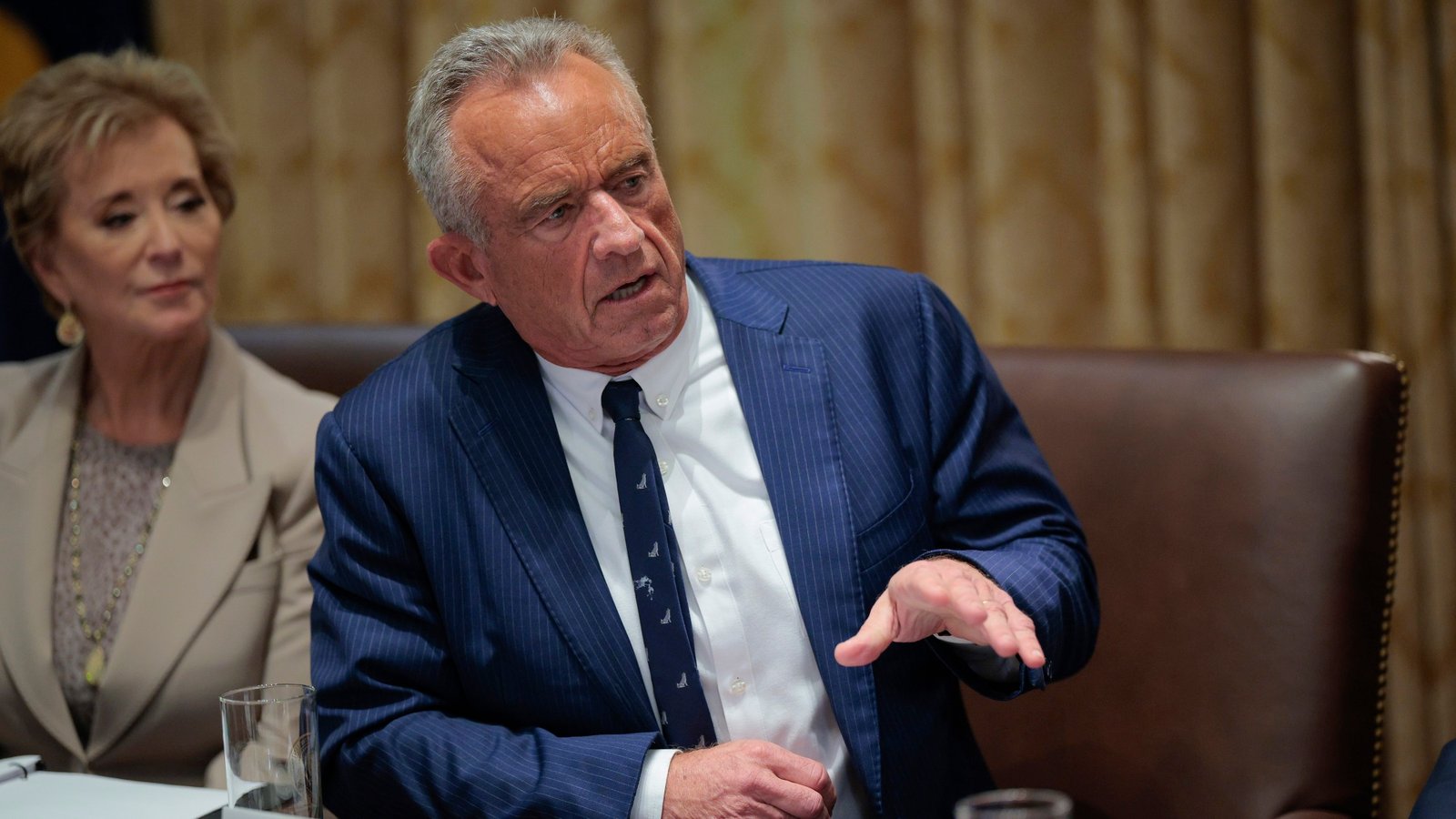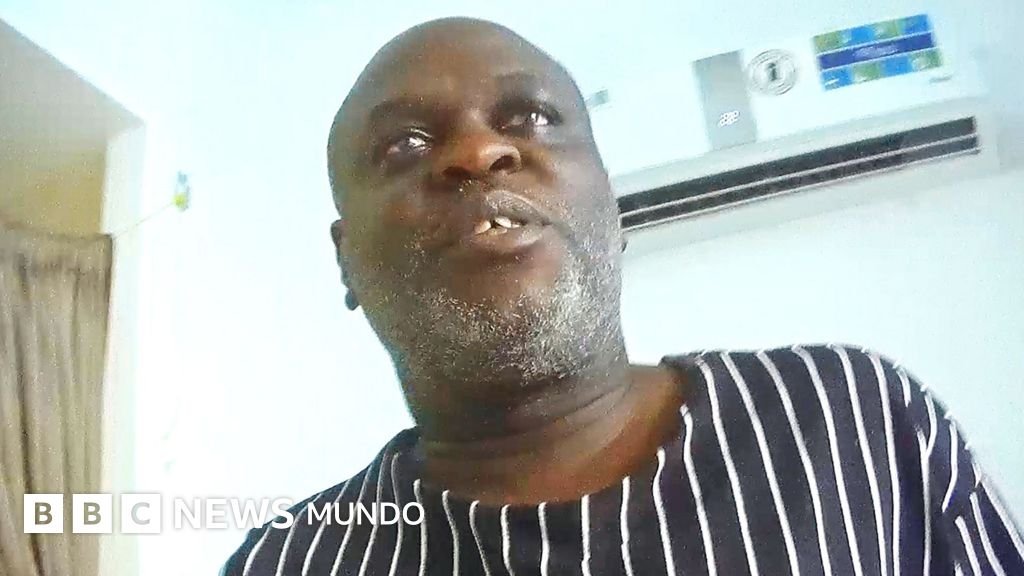State legislators are urging the state’s Department of Human Services to double down on fraud prevention as Gov. Tim Walz launches a new plan to crack down on fraud.
DHS leaders told a state legislative committee Wednesday that they’ve stopped payments to 115 providers who received grants from the state’s housing stabilization services program, after finding evidence of fraudulent claims. Those providers have received about $100 million from the state over the last six years, DHS leaders said.
The department moved last month to end that program, saying it was too vulnerable to fraud. It’s set to end on Oct. 20.
Legislators on a state House committee on fraud prevention heard from DHS leaders Wednesday.
“DHS is taking a zero-tolerance approach,” DHS Temporary Commissioner Shireen Gandhi said. “We are committed to program integrity, and we are committed to fighting fraud, and people who are stealing from public programs are really harming the people who are most in need of those programs.”
Leaders said they’ve found a variety of fraudulent claims coming into the state’s housing stabilization services program. Providers were billing for services that recipients had never received, or they were billing for several hours of work after doing just a short phone call.
Rep. Kristin Robbins, a Maple Grove Republican and chair of the House Fraud Prevention and State Government Oversight Committee, called on DHS leaders to work faster.
“We need to step that up, like, today,” Robbins said. “We just need to stop the fraud on the front end.”
DHS Inspector General James Clark said it takes time to investigate and stop every fraudulent claim. He said improvements to the department’s technology would help.
Two people testified and said they had tried to get help through the housing stabilization services program but struggled to get responses from providers that they now believe were fraudulent.
Rachel Lien said she sought out housing stabilization services when she was moving into a home while she was recovering from addiction. She communicated with a provider that answered her text messages but never called her or met with her in person. She said the only aid she got was a delivery of a vacuum cleaner.
When she checked her records, though, she realized the organization had billed her insurance $2,000; another organization she’d never heard of had billed more than $14,000.
She said DHS wasn’t quick enough with their investigation into her fraud claims.
“We are sick and tired of the rampant fraud and people getting rich off the backs of our addiction,” she told the committee.
Hours before the hearing, Gov. Walz released an executive order directing state agencies to take more action to prevent fraud, which Gandhi said will allow DHS to stop payments more quickly when they suspect fraud.
Walz is also forming a statewide coordinating council, which will include inspectors general from several state agencies and fraud experts at the state's Bureau of Criminal Apprehension, among other state experts.
Legislators had mixed responses to the idea of the council. Republican Sen. Michael Kreun said it doesn’t go far enough.
“Periodic meetings between several different agencies are better than the current status quo, but given the sheer magnitude of the fraud we are facing in Minnesota, we need a fully independent statewide Office of Inspector General written into law that will work daily to prevent fraud,” Kreun said.
Kreun was among legislators behind a proposal to create a statewide Office of the Inspector General, which, if created, would have overseen payments across state agencies. Several agencies, including DHS, have an internal office like this, but legislators said a statewide office would have more power to prevent fraud.
The bill passed the Senate but never came to a vote in the House.
Legislators in the House fraud committee also turned to political jabs in Wednesday’s meeting.
The hearing came a day after a key DHS staff member on the program was terminated. Legislators had expected the assistant commissioner of homelessness and housing supports, Eric Grumdahl, to appear at the hearing but were informed Wednesday morning that he had been terminated.
Rep. Robbins accused state administrators of dodging accountability.
“While I’m glad to see they are finally starting to hold individuals running these programs accountable for fraud, doing it the day before the public hearing just shows how DHS tries to hide what is going on from legislators and the public,” Robbins said in a statement.
Rep. Dave Pinto, a St. Paul Democrat, accused Robbins of leveraging the committee to criticize the Walz administration and giving speakers who are critical of Walz more time to talk in the committee. He said that’s a conflict of interest, as Robbins is running for governor.
“Robbins now seeks both to serve as chair of a committee whose sole use has been to investigate the executive branch AND to run as a candidate against the person who leads that executive branch,” Pinto said in a statement.
Robbins denied having a conflict of interest.
The renewed focus on fraud investigations comes in light of the Feeding Our Future fraud scheme, which prosecutors say stole at least $250 million from child nutrition programs during the COVID-19 pandemic.




